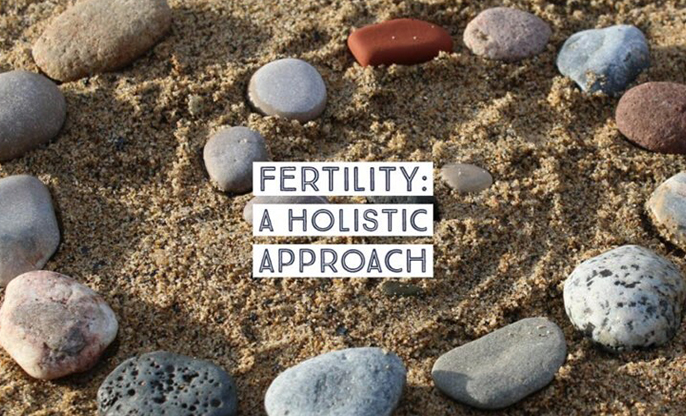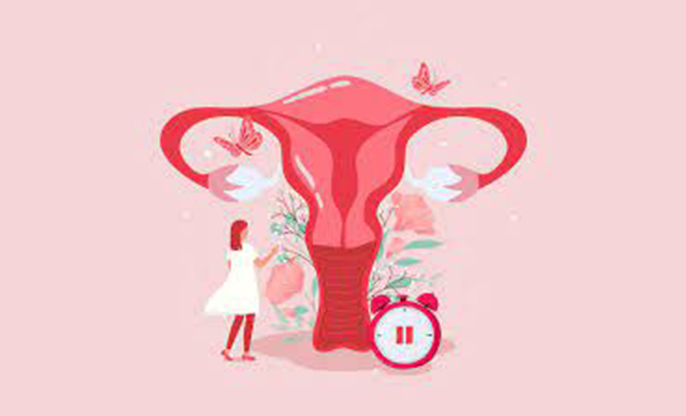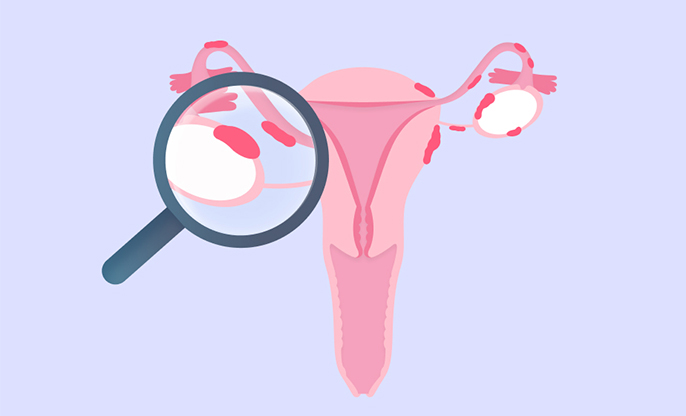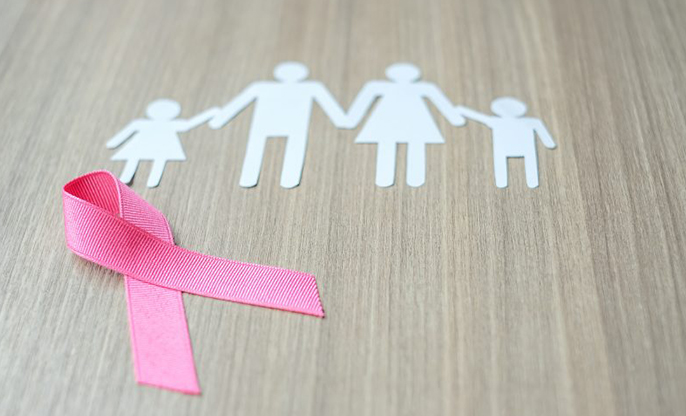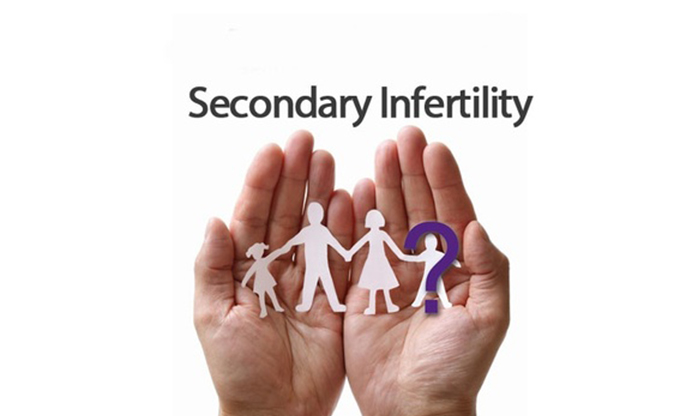
Secondary
infertility, a lesser-known yet equally challenging aspect of fertility, often
catches couples off guard. Unlike
primary infertility, where conception has
never occurred, secondary infertility occurs when couples struggle to conceive
after successfully having one or more children. This baffling situation can
evoke a whirlwind of emotions, ranging from confusion to frustration, as
couples grapple with unexplained challenges.
Understanding
the complex dynamics of secondary infertility is crucial for coping
effectively. While primary infertility is often attributed to identifiable
causes such as hormonal imbalances or structural issues, secondary infertility
presents a more perplexing scenario. Couples may find themselves embarking on a
journey of medical tests and evaluations, only to receive inconclusive results.
Navigating
the maze of secondary infertility requires a multifaceted approach. Firstly,
couples must acknowledge and validate their emotions. Feelings of guilt,
inadequacy, and grief are common but must be addressed openly and
compassionately. Seeking support from loved ones or joining infertility support
groups can provide solace and reassurance during this trying time.
Secondly,
couples should prioritize communication and mutual support within their
relationship. Maintaining open lines of communication fosters empathy and
understanding between partners, strengthening their bond as they navigate the
challenges of secondary infertility together. Additionally, couples can explore
alternative methods of family building, such as adoption or assisted
reproductive technologies, to expand their options and alleviate feelings of
hopelessness.
Thirdly,
adopting a holistic approach to wellness can significantly impact fertility
outcomes. Embracing a healthy lifestyle encompassing balanced nutrition,
regular exercise, stress management techniques, and adequate sleep can optimize
reproductive health and enhance overall well-being. Integrating complementary
therapies such as acupuncture or mindfulness practices may also offer benefits
by reducing stress levels and promoting relaxation.
Lastly,
seeking professional guidance from a fertility specialist is essential for
couples facing secondary infertility. A comprehensive evaluation can help
identify any underlying medical issues and guide treatment options tailored to
individual needs. From ovulation induction to in vitro fertilization (IVF),
fertility treatments offer hope and possibilities for couples determined to
expand their family.
In
conclusion, confronting secondary infertility requires a combination of
emotional resilience, effective communication, proactive self-care strategies,
and expert medical guidance. By acknowledging their feelings, seeking support,
adopting a holistic approach to wellness, and exploring fertility treatment
options, couples can navigate the challenges of secondary infertility with
courage and resilience, ultimately finding hope and healing along their journey
to parenthood.

























